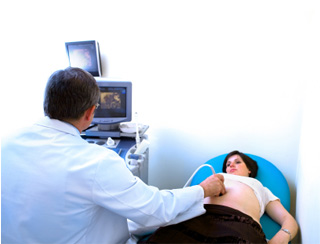
Condensed cervical length could augment the possibility of a preterm birth. Every high-risk patient, those who have formerly had a preterm birth, is regularly scanned at 20 to 24 weeks gestation to examine for cervical length. Nevertheless, screening was not frequently received by low-risk pregnant women. Also study authors did not know whether it could be cost-effective to screen women at low risk.
Erika Werner, M.D., clinical instructor in the Department of Obstetrics, Gynecology & Reproductive Sciences at Yale, discovered that scanning low-risk women may not only be cost effective but it may also be cost-saving.
Werner and her team supposedly crafted a computer model to imitate the results and expenses that arise when women are screened regularly, as against when no screening takes place. They discovered that worldwide screening may be cost-effective than routine care. In fact, for every 100,000 women, routine care supposedly costs around $6,523,365 more as compared to the screening strategy. It is also said to have enhanced quality of life and apparently resulted in lesser neonatal deaths and infants with long-standing neurologic disorders.
Werner mentioned that since only 10 percent of preterm birth occurs in women with a history of preterm birth, cervical length screening may be the best way to decrease the number of babies born prematurely.
The findings of the study were presented at the Annual Scientific Meeting of the Society for Maternal Fetal Medicine (SMFM) in Chicago.
